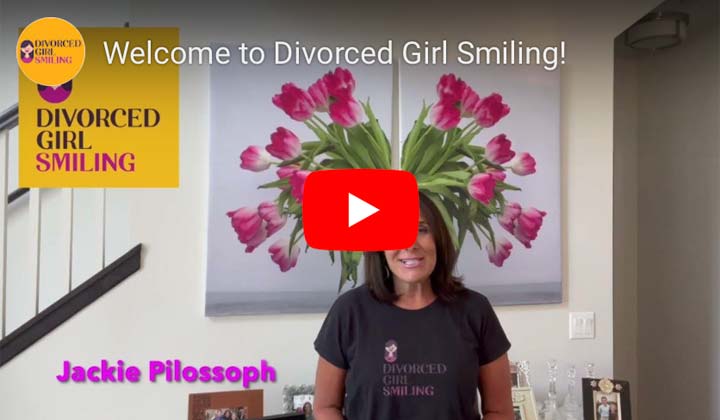Saying sorry is not something many people know how to do. It’s hard for many reasons, which is why so many people often don’t say it – even at times when an apology is most needed.
Love is never having to say sorry’ may be one of the most famous movies of all time. But while I’m a big fan of it the 1970 film Love Story,“I have to say that I completely disagree with this now well-known phrase. If you’re truly in love, there aren’t many things that mean more than a well-deserved apology.
But I feel like people have such a hard time saying “I’m sorry” and I’m not sure why. Is it because pride gets in the way? Does lack of self-awareness come into play? Don’t men and women realize the positive impact a sincere apology can have?
For answers to these questions, I reached out Jason Price, licensed marriage and family therapist based in Northbrook. Price said one possible reason people have trouble saying “I’m sorry” is fear.
“Because they’re admitting they’re at fault, some people feel that when they apologize, they’re giving up control somehow,” said Price, who has been in practice for more than 20 years. “The fear is that during the next argument, what they apologized for will be thrown back in their faces.”
In my opinion, there are two kinds of apologies: the “real” or sincere apology, and the insincere one, said out of obligation or just to get the other person to back down and/or give up.
Let’s start with the insincere apology. Have you ever had someone apologize like that?
I’m sorry, but you’re completely over it. The reason I was late is because I had to work. I’m trying to make money and you just don’t understand.
Price said bad apologies make the recipient feel like they overreacted and that their feelings are unwarranted. The bad apologist turns the tables and sometimes even makes himself the victim.
I’d rather have no apology at all than a bad apology. Wouldn’t you?
Sincere apologies. Here are four essentials on how to apologize to your partner:
1. The person is specific about what they are sorry for and expresses empathy. For example, “I’m sorry I told you that. It wasn’t nice and I can see how it would hurt your feelings.”
2. They validate the other’s feelings. They might say something like, “I can understand why you’re so hurt and upset.” An apology that includes validation makes the other person feel heard.
3. There is no excuse. A good apology doesn’t include the word “but.” There is no rationalization.
4. They talk about the future. The apologist might ask, “What can I do to make you feel better?” or they might say, “Here’s how I’ll handle it next time.”
An apology can also include a gift. Flowers, a bottle of perfume, or a gift card are great ways to show remorse, not just because they’re material things, but because going out and buying them takes time and effort, which shows the person you care about.
Another nice gesture is a handwritten apology note or card. Unlike the words that come out of your mouth, a pen and paper shows the intensity of your sincerity.
I think it takes guts to apologize. Expressing regret exposes vulnerability and forces a person to admit their imperfections to the person they love. But if the relationship is solid, it shouldn’t matter. In fact, a sincere apology could even strengthen the bond.
Apologizing also requires self-awareness. Do you know how many people don’t say “I’m sorry” because they lack self-awareness and therefore cannot admit wrongdoing? In other words, they can’t look in the mirror and say, “I screwed up.” People who lack self-awareness (and who can’t apologize) are usually quite unhappy. They blame everyone else for their problems and everything that goes wrong.
I should mention that there is always a chance that an apology will not be accepted – even if it is a sincere apology. This could leave the apologist shocked, sad, disappointed, disappointed or full of regret. But no one should regret doing the right thing. In other words, never regret apologizing.







